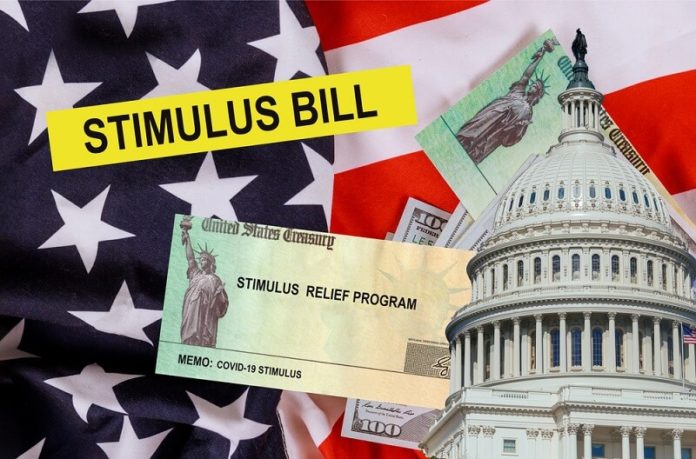In March 2020, Congress passed the Families First Coronavirus Response Act (“FFCRA”), which provided eligible employees of covered employers with Emergency Paid Sick Leave (“EPSL”) and Expanded Family and Medical Leave (“EFML”) for certain reasons related to the COVID-19 pandemic. An overview of these leave entitlements may be found here. Under the FFCRA, covered private sector employers were eligible for a payroll tax credit equal to 100% of the statutory amount allowed for qualified EPSL and/or EFML paid to eligible employees. As originally written, both the leave and tax credit entitlements expire on December 31, 2020.
On December 21, 2020, Congress passed, and the President thereafter signed into law, a new stimulus package which, among many other provisions, extends the tax credit eligibility for covered private sector employers who voluntarily choose to extend FFCRA leave to eligible employees through March 31, 2021. The following is an overview of the salient provisions.
- The extension does not create new leave entitlements. Employers who choose to allow employees to utilize FFCRA leave between January 1 and March 31, 2021 cannot grant employees an additional allotment of EPSL and EFML and receive the tax credits. Employers will not receive tax credits for EPSL and EFML extended to employees who exhausted their entitlements in 2020.
- Employers are not mandated to extend leave entitlements beyond December 31, 2020. The extension of the tax credit eligibility merely serves as an incentive to encourage employers to allow employees to utilize any remaining FFCRA balances between January 1 and March 31, 2021.
- Public sector employers remain ineligible for the tax credit.Public sector employers, like private sector employers, are not obligated to extend FFCRA leave entitlements to employees beyond December 31, 2020, and the new law provides no incentive for public sector employers to do so as such employers remain ineligible for the tax credit. Public sector employers may nevertheless choose to extend FFCRA leave entitlements through March 31, 2021.
- Employers choosing to allow employees to utilize FFCRA leave in 2021 must continue to abide by all of the law’s requirements, including, without limitation, the anti-retaliation provisions. Employers should be aware that if they extend FFCRA benefits to employees to seek the tax credits, employees will receive all of the rights and protections of the FFCRA, including the right to be free from any adverse employment action as a result of taking the leave.
There is some suggestion that the United States Department of Labor (“DOL”) may issue directives on, among other issues, an employer’s obligation to provide notice to employees about whether FFCRA leave will continue to be provided through March 31, 2021. Stay tuned for further updates on any such directives from the DOL.
As a reminder, the Massachusetts Paid Family and Medical Leave Law (“PFML”) goes into effect on January 1, 2021, and employees may be eligible for leave under that law, e.g., medical leave if the employee’s own COVID-19 related condition meets the definition of a “serious health condition” under the PFML. The PFML runs concurrently with leave taken under other applicable state and federal leave laws when the leave is for a qualified reason under both laws. Thus, a Massachusetts employer that opts to allow employees to utilize EPSL between January 1 and March 31, 2021, may find that the two weeks of EPSL for an employee’s own COVID-19 related reason may count against the employee’s PFML medical leave allotment.
Please note that the foregoing is based on information available as of the date of this publication, and may be altered or modified by future legislation or government regulation. Employers with questions about FFCRA, tax credits, FMLA, PFML, or other employee illness, or disability and/or medical leave laws should consult with their MBJ attorney.
Jaclyn Kugell and Jaclyn Kawka are attorneys with Morgan, Brown & Joy, LLP. Morgan, Brown & Joy, LLP focuses exclusively on representing employers in employment and labor matters. They may be reached at (617) 523-6666, or at jkugell@morganbrown.com and jkawka@morganbrown.com.
Stimulus bill stock photo by ungvar/Shutterstock







